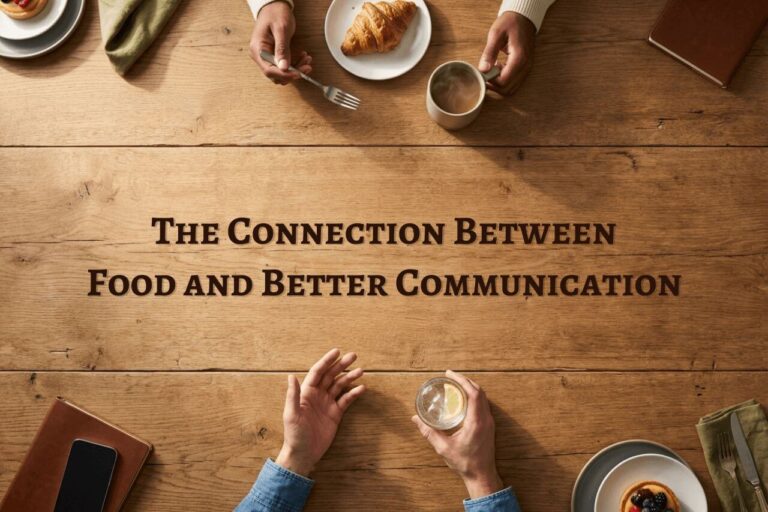It was a sunny, autumn afternoon when I received news no business owner wants to receive. I was in the field making sales calls when my office manager paged me (pre-cell phones) to say one of our service vehicles had caught fire. Thankfully no one was hurt, but she thought I might want to stop by the job site to look at the damage.
My heart sank as I rounded the corner and saw the burned-out shell of our truck sitting in front of the customer’s house. It was a total loss, including the cleaning unit and many of the tools that had been inside.
What caught my attention next was the sight of our technician sitting on the front steps to the house, calmly talking with a young child who was sitting next to him. When I approached, he introduced me and said the sight of the burning van had frightened the child to the point of tears. My technician was reassuring the little boy that he was safe, and the fire had gone away. He was doing exactly what any business owner would want their employees to do—putting people first.
While he might not have been thinking about it at the time, my technician was impacting someone’s life at a very vulnerable moment. I don’t remember the child’s name and I’ve lost track of the technician, but I have little doubt that both their lives were positively impacted by that tragedy-turned-opportunity, as was mine. And here I am nearly four decades later recalling the story for you.
Too often we discount how seemingly nondescript interactions can impact other people, despite history being populated with everyday people living everyday lives who have influenced the course of events through their actions.
The lives of thousands of soldiers might have been lost without Swiss humanitarian Henry Dunant who helped found the Geneva Convention and later became the first recipient of the Nobel Peace Prize.
The world would be a much darker place without inventor Lewis Latimer, the son of runaway slaves and a draftsman who patented the carbon filament that Thomas Edison used in his early lightbulbs.
Henrietta Lacks, although not what she did but part of who she was, would marvel that because her unique, don’t-die blood cells have been used in research for hemophilia, influenza, and leukemia, millions of lives have been saved to this day!
In business, we have make-a-difference moments served up to us on silver platters daily, regardless of our position or title. All we need to do is recognize them.
In today’s historically tight employment market, employers are searching for ways to stand out; something that differentiates their company from others. For those involved in a service business like disaster restoration, why not use the opportunity to be a hero or to positively impact someone’s life at one of their worst moments as your differentiator? Those employed in these industries make a difference whether they are actually in front of the customer or provide office support.
All of us can influence someone else’s life if we just remain open and look for opportunities. Will 2022 be your year?



